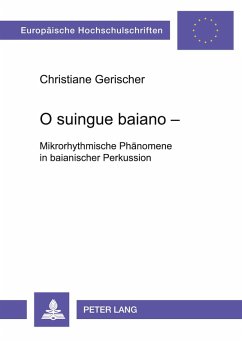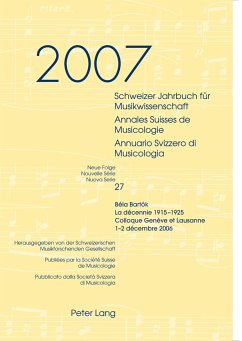
Post-Tonal Affinities in Piano Works of Bartók, Chen, and Crumb
Versandkostenfrei!
Versandfertig in 6-10 Tagen
67,75 €
inkl. MwSt.

PAYBACK Punkte
0 °P sammeln!
The book explores cellular pivots as a new means of progression, functional tonality having disappeared in much of contemporary music. Béla Bartók can be seen as a kind of father figure to the other two composers, Chen Yi and George Crumb, in terms of their stylistic, technical, and even philosophical connections. The musical affinities of all three composers reflect a larger body of post-tonal music. Cell constructions and their pivotal motions span the gamut from traditional/asymmetrical to more abstract/symmetrical formations. This study provides insight into universal principles of the p...
The book explores cellular pivots as a new means of progression, functional tonality having disappeared in much of contemporary music. Béla Bartók can be seen as a kind of father figure to the other two composers, Chen Yi and George Crumb, in terms of their stylistic, technical, and even philosophical connections. The musical affinities of all three composers reflect a larger body of post-tonal music. Cell constructions and their pivotal motions span the gamut from traditional/asymmetrical to more abstract/symmetrical formations. This study provides insight into universal principles of the post-tonal era and reveals a broader evolution of the musical language as represented by the three composers.














